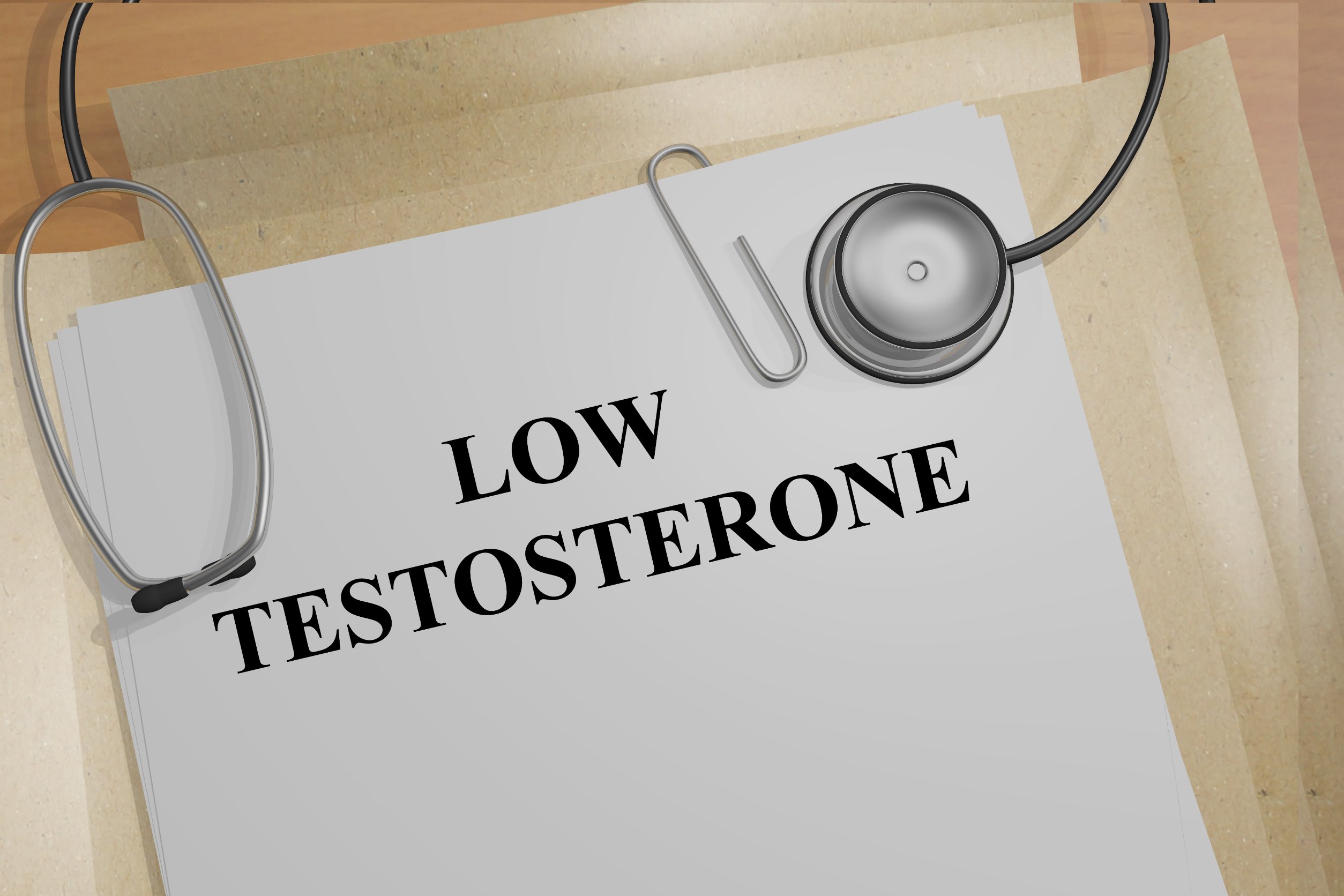
As the male sex hormone, testosterone is a crucial component of men’s health and vitality. Testosterone levels naturally decline with age, leaving many men with symptoms of low testosterone, or low T for short. These symptoms can be disruptive to your quality of life.
Some of the most common symptoms of low testosterone in men include:
Low Libido
Testosterone is the key hormone for men’s libido or sex drive. So, with low T, many men experience reduced sexual interest.
Erectile Dysfunction
Erectile dysfunction, or ED, is the inability to reach and sustain an erection. ED is a prevalent condition among men and, for many, a major source of stress and anxiety.
Mood Changes
Many men with low T experience mood fluctuations, including irritability and depression. This is particularly true when men have low levels of testosterone and high levels of cortisol, the body’s main stress hormone.
Fatigue
Low testosterone can cause chronic fatigue, regardless of how much sleep you’re getting. Unfortunately, low T may also diminish your ability to get a good night’s sleep, leading to worsened fatigue.
Trouble With Memory and Concentration
Studies have shown that low T is linked to decreased cognitive function. However, these studies also show that testosterone hormone treatment can improve cognitive function (namely memory) in older men.
Lost Muscle Strength and Increased Body Fat
Testosterone has a sizable impact on how the body manages muscle mass and fat. With this in mind, lost muscle strength and increased body fat are common symptoms of low T.
Reduced Sense of Vitality
Combined, the symptoms listed above can give men a reduced sense of vitality, or general wellbeing. This may affect your ability to enjoy life and participate in your favorite activities.
At Mind Body Spirit Care, we offer bioidentical hormone therapy to help you overcome troubling symptoms of low testosterone. Reach out to us today to schedule an appointment!
- What Causes Thyroid Nodules to Grow? - April 25, 2024
- The Connection Between Headaches and Hormones - April 21, 2024
- Foods to Avoid if You Suffer From IBS - March 23, 2024

